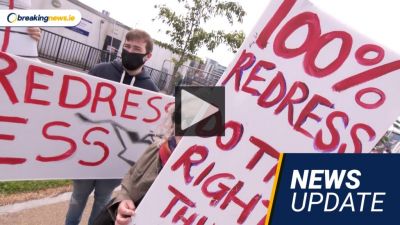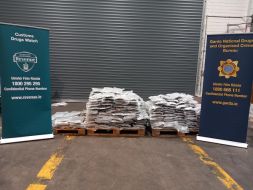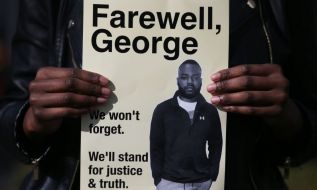The High Court has been ordered to rehear an action over an accident in which a man broke his nose when he allegedly tripped and fell in a hole in a cobble-lock footpath outside his home.
In 2017, the court dismissed the action by Seamus Comerford (46) against Carlow Co Council over the accident at Shroughan Close, Tullow, Co Carlow, at around 7.30pm on March 2nd, 2013. The council denied the claim.
On Friday, the Court of Appeal (CoA) ordered the case be reheard.
Dismissing the case in November 2017, Mr Justice Michael Twomey said the most significant factor in the case was a principle laid down by the CoA, that judges are obliged to bring ordinary common sense to bear on their assessment of what should amount to the taking of reasonable care by a person.
Applying that principle, he said, it was difficult to see how Mr Comerford did not see the hole given its size and simply avoid it, particularly as it was directly under a lamppost and there was no suggestion that streetlight was not working at the time of the accident.
Appealed
Mr Comerford appealed arguing, among other things, the High Court failed to allow the cross-examination of one of two doctors who examined his injury after the accident. It was also argued the trial judge failed to decide the case on the basis of the evidence and took into account wholly irrelevant matters in his judgment.
The council opposed the appeal.
Ms Justice Máire Whelan, on behalf of the three-judge CoA, found the High Court trial was unfair and ordered a re-trial.
She found the High Court judge identified no explanation for his decision not to comply with an evidential rule laid down by the Supreme Court relating to the cross-examination of the doctor on her notes of her examination of Mr Comerford.
Simply refraining from referencing the notes in the judgment delivered did not engage with or address the unfairness visited upon Mr Comerford, she said.
'Writ upon water'

Once the county council conceded the state of the footpath was unsatisfactory and chose not to call any evidence, asserting to the court that the sole issue was the credibility of Mr Comerford and that the accident did not occur, it was incumbent on the trial judge to address the rule laid down by the Supreme Court, she said.
The deprivation by the trial judge of Mr Comerford's lawyers' right to cross-examine the doctor on her notes on the central issue, relating to Mr Comerford's honesty and credibility, coupled with the council's not calling any witnesses, resulted in the evidence not being fairly dealt with or fairly appraised, she continued.
This culminated in an unfair trial. "A judgment emanating from an unfair trial is writ upon water", she said.
She ordered the case be sent for re-trial at the next sittings of the High Court in Kilkenny.







